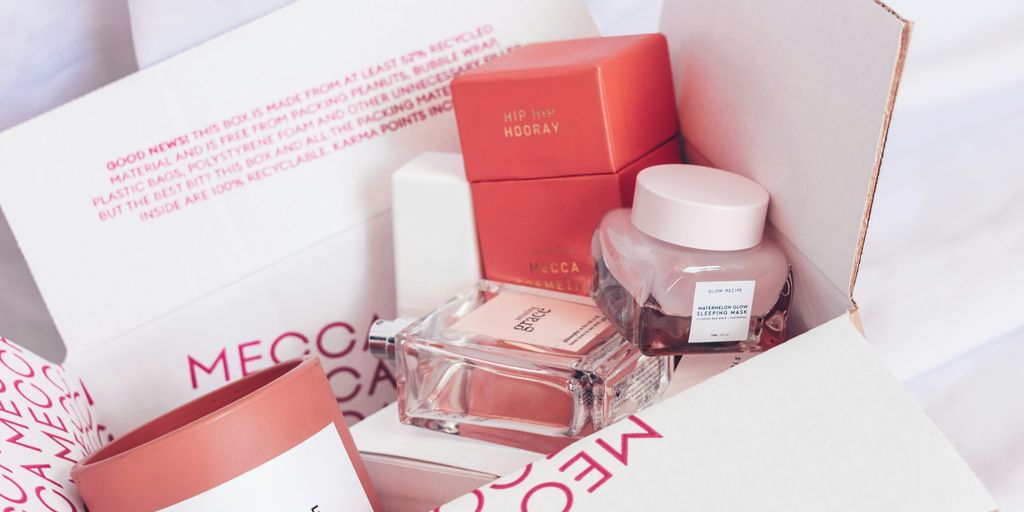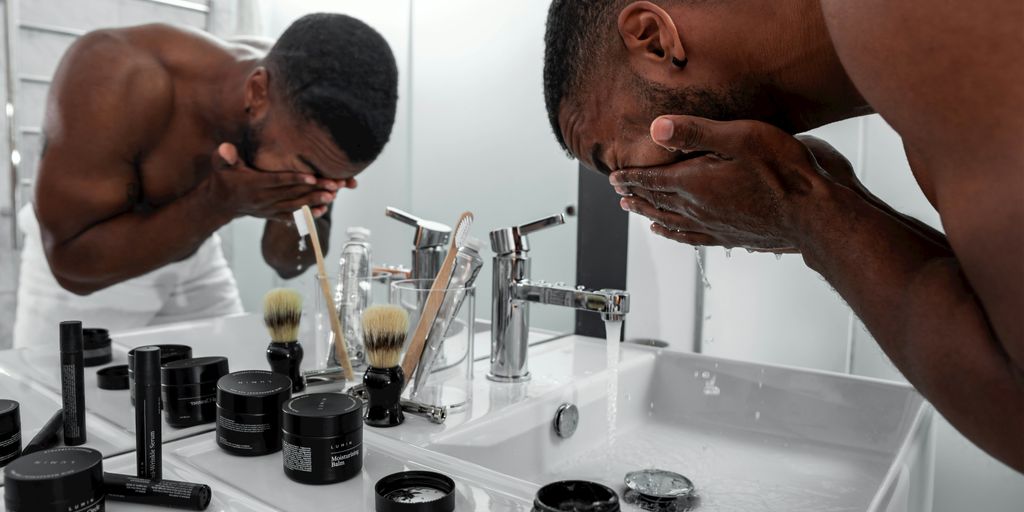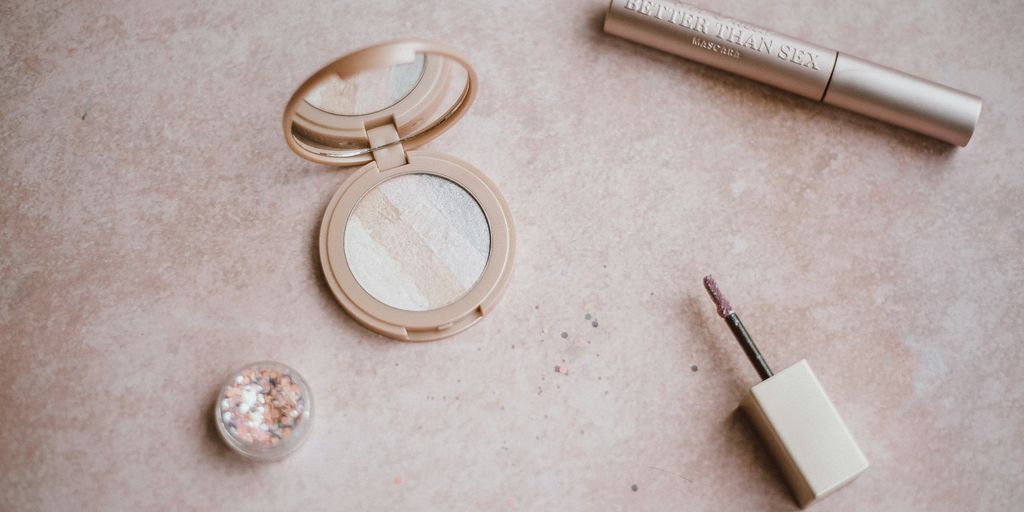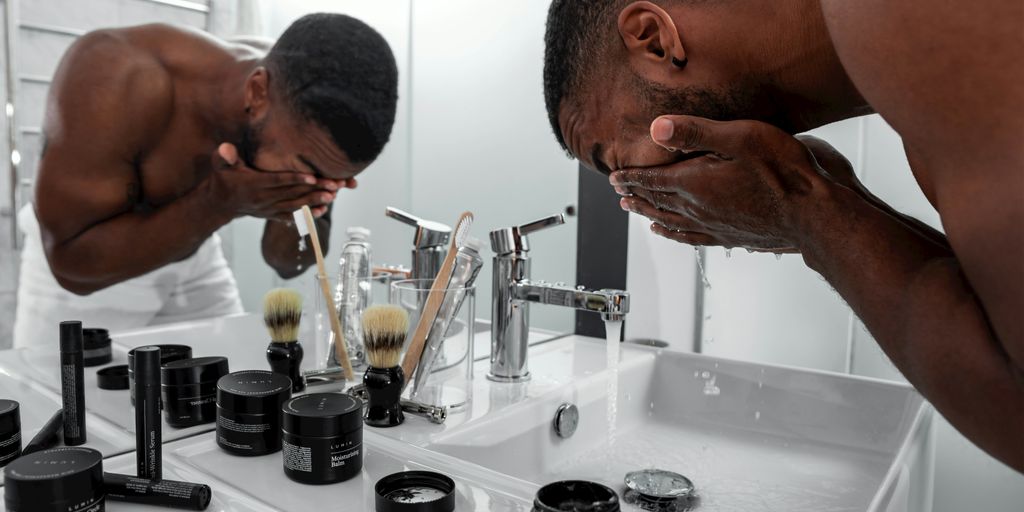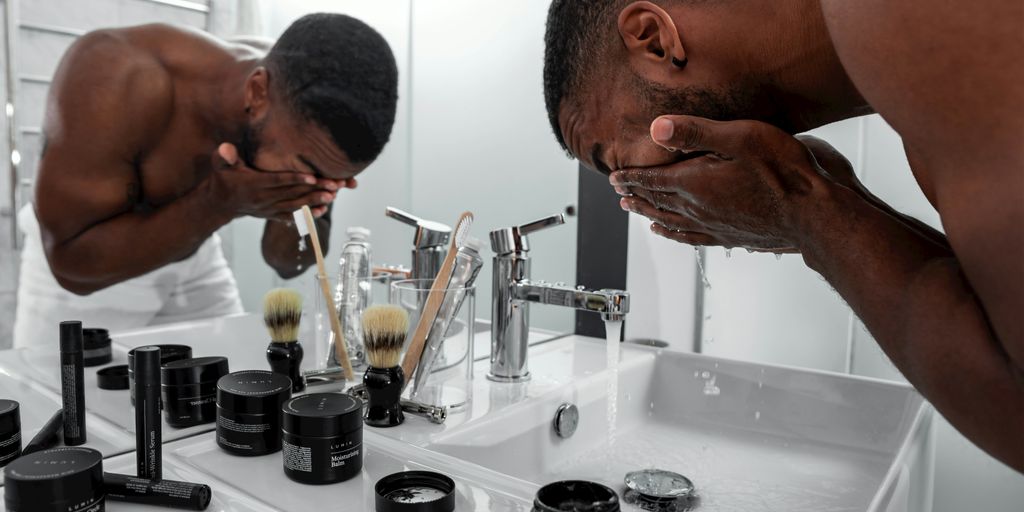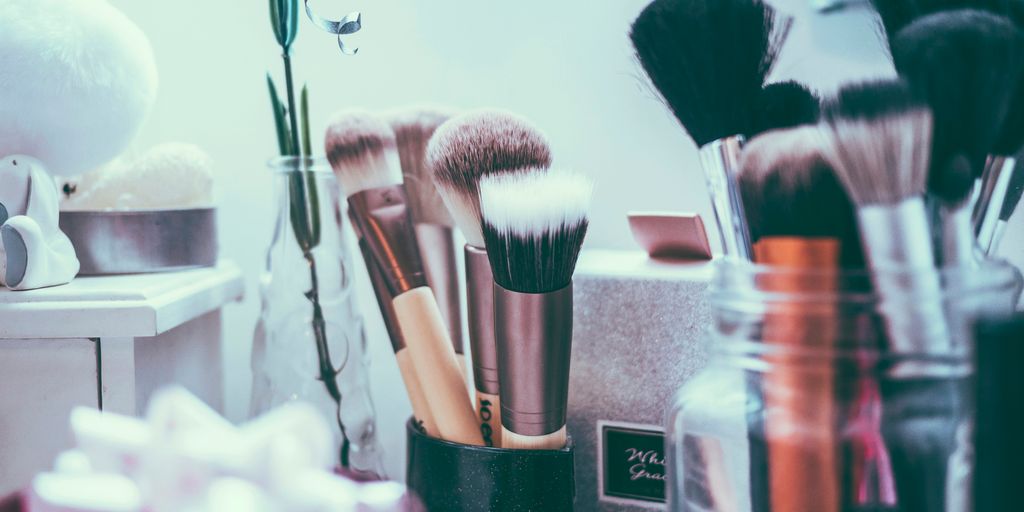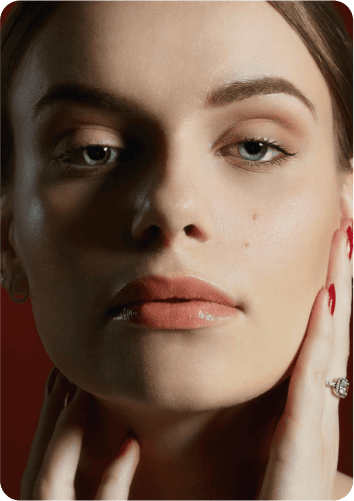In 2025, the question of whether Revlon is cruelty-free remains a significant topic among consumers who care about animal welfare. Understanding Revlon’s animal testing policies is essential for anyone looking to make informed choices about their beauty products. This article dives into the details of Revlon’s practices, certifications, and what it means for those who prioritize cruelty-free products.
Key Takeaways
- Revlon is not considered cruelty-free as they allow animal testing when required by law.
- The company has no third-party cruelty-free certifications, raising concerns about their claims.
- Revlon is owned by Revlon, Inc., which also engages in animal testing, affecting consumer perception.
- Revlon does not fully meet the criteria to be labeled vegan due to their animal testing policies.
- There are many cruelty-free alternatives to Revlon available for consumers seeking ethical options.
Is Revlon Cruelty Free?
It’s a question a lot of us are asking these days: Is Revlon cruelty-free? The answer isn’t as straightforward as we’d like it to be. Let’s break down what’s really going on with Revlon’s animal testing policies.
Understanding Revlon’s Testing Practices
Revlon states that they don’t conduct animal testing themselves, and haven’t for decades. That sounds pretty good, right? However, the tricky part is that they sell their products in many countries around the world. Some of these countries require animal testing by law for imported cosmetics. So, while Revlon isn’t actively doing the testing, they comply with these regulations to sell in those markets.
Current Status of Revlon’s Cruelty-Free Claims
So, where does this leave us? Revlon is NOT considered cruelty-free by most standards. This is because true cruelty-free brands refuse to sell in countries where animal testing is mandatory. They’d rather lose out on those markets than compromise their ethics. Revlon, unfortunately, hasn’t taken that stance.
It’s important to remember that a company’s cruelty-free status isn’t just about what they do directly. It’s also about whether they support animal testing through third parties or by complying with mandatory testing laws in certain regions.
Consumer Reactions to Revlon’s Policies
Consumers have mixed feelings about Revlon’s stance. Some appreciate that Revlon is working with other companies to advocate for alternative testing methods. Others are disappointed that Revlon isn’t taking a firmer stand against animal testing by refusing to sell in countries where it’s required. Ultimately, it comes down to individual values and whether you’re comfortable supporting a brand that allows its products to be tested on animals, even if indirectly.
Revlon’s Animal Testing Policy
Overview of Revlon’s Official Statement
So, what’s the deal with Revlon and animal testing? Well, it’s a bit complicated. Revlon states that they don’t conduct animal testing, and haven’t for decades. They say they use advanced methods to test their products. But here’s the catch: they also sell their products in many countries around the world. And some of those countries? They require animal testing for cosmetics.
Legal Requirements for Animal Testing
Okay, so why do some countries require animal testing? Basically, it comes down to regulations. Some countries want to make absolutely sure that products are safe for consumers, and they see animal testing as a way to do that. It’s a pretty old-school approach, and a lot of people disagree with it, but that’s the reality. For example, China used to require animal testing for all imported cosmetics. This is changing, but it’s still a factor for many brands.
Implications of Testing in Certain Markets
What does this mean for Revlon? Well, it means that even though they say they don’t conduct animal testing, they allow their products to be tested on animals when it’s required by law in certain markets. This is a pretty common practice in the beauty industry, but it also means that Revlon can’t really be considered a truly cruelty-free brand. If a company is truly cruelty-free, they’ll refuse to sell their products in countries where animal testing is mandatory. It’s a tough choice, but that’s what it takes to be 100% cruelty-free.
It’s important to remember that animal testing policies can change. Companies might update their practices, and regulations in different countries can evolve. So, it’s always a good idea to stay informed and do your research before making a purchase.
Is Revlon Certified Cruelty-Free?
Lack of Third-Party Certifications
Revlon isn’t certified cruelty-free by any third-party organizations, like Leaping Bunny or PETA. What does this mean? Well, it means there’s no independent verification of Revlon’s claims. Certification involves regular audits and checks to ensure a company truly adheres to cruelty-free standards. Without it, we’re relying solely on the brand’s word.
Importance of Certification in Cruelty-Free Claims
Why does certification matter? It adds a layer of trust. It’s like having a second opinion from a reliable source. When a company gets certified, it’s showing a commitment that goes beyond just saying they’re cruelty-free. It means they’re willing to open their processes to scrutiny. For many consumers, this is a big deal. It’s not just about believing a claim; it’s about seeing proof.
What Certification Means for Consumers
For us consumers, certification simplifies things. It’s a quick way to identify brands that align with our values. Instead of having to research every single company, we can look for that trusted logo.
It’s important to remember that a lack of certification doesn’t automatically mean a brand isn’t cruelty-free. Some companies might choose not to get certified due to cost or other reasons. However, it does mean we need to do a bit more digging to be sure.
Is Revlon Owned By A Non-Cruelty-Free Parent Company?
It’s a common question for conscious consumers: does the parent company’s ethics affect the brands they own? In Revlon’s case, it’s a bit of a mixed bag. Let’s break it down.
Revlon, Inc.’s Animal Testing Practices
Revlon is owned by Revlon, Inc., and this parent corporation does participate in animal testing. This is a key point to understand. While individual brands under a larger umbrella might have different policies, the overall practices of the parent company can still be a concern for those committed to cruelty-free shopping. It’s worth noting that many major beauty brands are owned by even larger corporations like L’Oreal, Estee Lauder, or Procter & Gamble, and these companies often have complex animal testing policies that vary across their brands and markets.
Impact of Parent Company Policies on Brand Image
The connection to a parent company that tests on animals can definitely impact a brand’s image. Some consumers might choose to avoid brands owned by companies that aren’t fully cruelty-free, regardless of the individual brand’s stance. Others might support brands that are making an effort to be cruelty-free, even if their parent company’s policies are less strict. It really comes down to personal values and priorities.
It’s a tough decision for many shoppers. Do you support a brand that’s trying to do better within a larger, less ethical corporation? Or do you boycott the entire structure to send a stronger message? There’s no right or wrong answer; it’s about what aligns with your own ethical compass.
Consumer Choices Regarding Parent Companies
Ultimately, the choice is yours. Some people are okay with supporting a brand that claims to be cruelty-free, even if its parent company isn’t. Their reasoning might be that supporting the cruelty-free brand encourages the parent company to adopt more ethical practices across the board. Others prefer to avoid any connection to companies that test on animals, opting for brands with completely independent cruelty-free certifications. Here are some things to consider:
- Research the parent company’s overall animal testing policy.
- Look for brands with third-party cruelty-free certifications.
- Decide what level of connection to animal testing you’re comfortable with.
Does Revlon Test on Animals?
Clarifying Revlon’s Testing Procedures
Okay, so here’s the deal: Revlon says they don’t conduct animal testing themselves, and they haven’t for a while. That’s their official line. They claim to use advanced methods to ensure their products are safe and innovative. But, and this is a big but, it gets complicated when you dig a little deeper. The key is to look beyond the surface and consider whether Revlon’s ingredients or suppliers test on animals, and whether they sell in countries where testing is required by law.
Countries Where Testing is Mandatory
Here’s where things get murky. Some countries require animal testing for cosmetics before they can be sold there. China is the big one that usually comes up. Truly cruelty-free brands refuse to sell in these markets to maintain their ethical stance. Revlon, however, complies with these requirements. This means that if a country requires animal testing, Revlon will allow their products to be tested to sell in that market.
Consumer Trust and Transparency Issues
This is where consumer trust comes into play. While Revlon might not be actively conducting tests in their own labs, their willingness to comply with mandatory testing in certain markets raises ethical questions. For many consumers, this isn’t good enough. They want to know that no animals are harmed in the making of their beauty products, period. The lack of transparency around the specifics of these testing arrangements further erodes trust. Consumers are increasingly demanding clear, consistent cruelty-free policies, and Revlon’s stance leaves many feeling uneasy.
It’s a tough situation. On one hand, Revlon wants to sell its products globally. On the other, many consumers are pushing for an end to animal testing. The company’s current approach tries to balance these competing interests, but it doesn’t fully satisfy either side.
Here’s a quick rundown:
- Revlon states they don’t conduct animal tests.
- They sell in countries where testing is mandatory.
- This makes them not cruelty-free in the eyes of many consumers.
Is Revlon Vegan?
Definition of Vegan in Cosmetics
Okay, so what does "vegan" actually mean when we’re talking about makeup? It’s more than just a buzzword. In the cosmetics world, "vegan" means that a product doesn’t contain any ingredients sourced from animals or animal by-products. This includes things like beeswax, honey, lanolin (from sheep’s wool), carmine (a red dye from insects), and many others. It’s important to check the ingredient list carefully, as some animal-derived ingredients can be sneaky.
Revlon’s Vegan Product Claims
Revlon states that they do offer some products that they consider "vegan," meaning these items don’t have any animal-derived ingredients. However, it’s a bit of a gray area. Just because a product is free of animal ingredients doesn’t automatically make it cruelty-free. You really have to dig into the details to know for sure.
Why Revlon Cannot Be Considered Vegan
Here’s the tricky part: even if Revlon has some vegan-friendly products, the brand as a whole can’t really be considered vegan. This is because Revlon participates in animal testing, either directly or through third parties, especially when required by law in certain markets. For many people, the term "vegan" extends beyond just the ingredients to include the entire production process. If a company tests on animals, it goes against the core principles of veganism, regardless of the ingredients in individual products.
It’s a personal choice whether you’re comfortable using products from a brand that offers some vegan options but isn’t fully cruelty-free. Some people are okay with supporting brands that are making an effort to offer more vegan choices, while others prefer to stick with companies that are 100% vegan and cruelty-free across their entire line.
Here’s a quick list of things to consider:
- Ingredient list: Always check for animal-derived ingredients.
- Company policy: Understand the brand’s stance on animal testing.
- Certifications: Look for vegan certifications from trusted organizations.
Cruelty-Free Alternatives to Revlon
If you’re looking to make the switch to makeup brands that don’t test on animals, there are thankfully a bunch of great options out there. It might feel a little overwhelming at first, but once you find a few brands you love, it becomes second nature.
Brands That Do Not Test on Animals
There are many brands committed to being cruelty-free. Here are a few to get you started:
- e.l.f. Cosmetics: Known for being super affordable and 100% cruelty-free. They’re easily found in most drugstores.
- Pacifica: This brand is not only cruelty-free but also vegan, offering a wide range of makeup and skincare.
- CoverGirl: They’ve made a commitment to no animal testing, and are Leaping Bunny certified. Note: CoverGirl is owned by Coty, which is not cruelty-free.
- Milani: Offers high-quality products at reasonable prices, and they’re dedicated to cruelty-free practices.
- Essence: Another budget-friendly option that’s certified cruelty-free. They have a great selection of trendy products.
How to Identify Cruelty-Free Products
It can be tricky to know for sure if a brand is truly cruelty-free. Here are a few things to look for:
- Look for certifications: Leaping Bunny and PETA’s Beauty Without Bunnies are two of the most common and reliable certifications.
- Check the company’s website: Most cruelty-free brands will clearly state their policies on their website.
- Be wary of vague language: If a company says they only test when required by law, that’s usually a red flag.
- Do some research: Websites and blogs dedicated to cruelty-free beauty can be a great resource.
Benefits of Choosing Cruelty-Free Brands
Choosing cruelty-free brands isn’t just about helping animals; it’s also about supporting companies that are committed to ethical practices and transparency. Plus, many cruelty-free brands also focus on using better ingredients, which can be better for your skin and the environment.
Switching to cruelty-free makeup is a great way to align your purchases with your values. It might take a little extra effort at first, but it’s definitely worth it in the long run. You can feel good about the products you’re using and know that you’re making a difference.
If you’re looking for makeup that doesn’t harm animals, there are many great options instead of Revlon. Brands like e.l.f. and Too Faced offer cruelty-free products that are just as good, if not better! Check out our website for a full list of these amazing alternatives and make the switch today!
Final Thoughts on Revlon’s Animal Testing Policy
In conclusion, it’s clear that Revlon is not a cruelty-free brand. They allow animal testing when required by law, which goes against the principles of many consumers who seek out cruelty-free products. While they may claim to use advanced testing methods, the fact remains that they comply with regulations in certain countries that mandate animal testing. If you’re looking for truly cruelty-free options, it might be best to explore other brands that prioritize animal welfare and refuse to test on animals under any circumstances. Your choices as a consumer can drive change, so consider supporting brands that align with your values.
Frequently Asked Questions
Is Revlon cruelty-free?
No, Revlon is not cruelty-free. They allow animal testing when required by law.
What is Revlon’s animal testing policy?
Revlon claims they don’t test on animals, but they comply with laws in some countries that require animal testing.
Is Revlon certified cruelty-free?
No, Revlon does not have any third-party cruelty-free certifications like Leaping Bunny or PETA.
Is Revlon owned by a parent company that tests on animals?
Yes, Revlon is owned by Revlon, Inc., which also allows animal testing.
Does Revlon sell products in countries where animal testing is mandatory?
Yes, Revlon sells in countries like China, where animal testing is required by law.
Are any Revlon products vegan?
Revlon claims to have some vegan products, but since they allow animal testing, none can be considered truly vegan.
